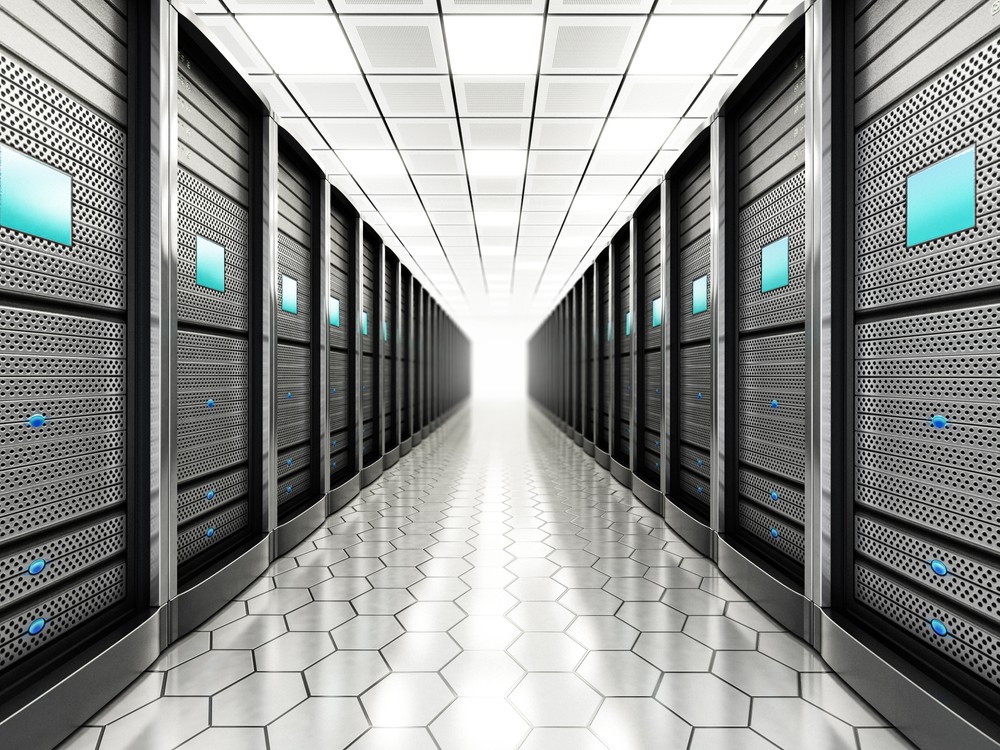The i3 Solutions Group and EYP Mission Critical Facilities Inc., (EYPMCF) collaboration on greenhouse gas abatement has issued the first in a series of white papers providing detailed technical analysis for data centre operators as they move to carbon net-zero operations. The new series of white papers aims to provide vendor-neutral decision-making support together with insights into the factors associated with the many technology options currently available to the sector for lowering the carbon footprint of data centre operations.
Titled: “Infrastructure Sustainability Options and Revenue Opportunities for Data Centres,” the first paper is available for download now, and covers how targets for reducing greenhouse gas (GHG) emissions and increasing revenue-generating opportunities are not mutually exclusive objectives.
“With Government regulation driving data centre owners to consider the impact of their businesses on climate change, the drivers for change incorporate a wide range of financial, operational and environmental elements. This includes the commercial imperative as endusers demand reduced costs and carbon neutrality,” says report author, Ed Ansett, CEng, FIET, FBCS, Founder and Chairman of i3 Solutions Group.
“The purpose of this series of white papers is to help inform decision making as data centre owners play their part in reducing and removing greenhouse gas emissions in order to reach carbon neutrality by 2030.”
The first paper provides in-depth technical insight into areas including Demand Side Response, Data Centre Power Generation, Energy Storage and Sustainable Energy Trading, as well as System Selection criteria such as Sustainability Performance Indices (SPIs).
Formed earlier this year, the i3 EYP MCF GHG Abatement Group was established to deliver a practical roadmap toward GHG abatement and carbon net-zero data centres by 2030. The new white paper is part of a series to support this work. Currently scheduled for production, future white papers in the series will assess the technical, sustainability and financial considerations associated with a range of topics including:
• Assessment and application of gas reciprocating engines and turbines
• Assessment and application of fuel cells to data centres
• Demand response opportunities for data centre embedded generation and storage systems
• GHG reduction with blended hydrogen and natural gas generation
White papers will be published at regular intervals and will be freely available as downloads for data centre professionals.




